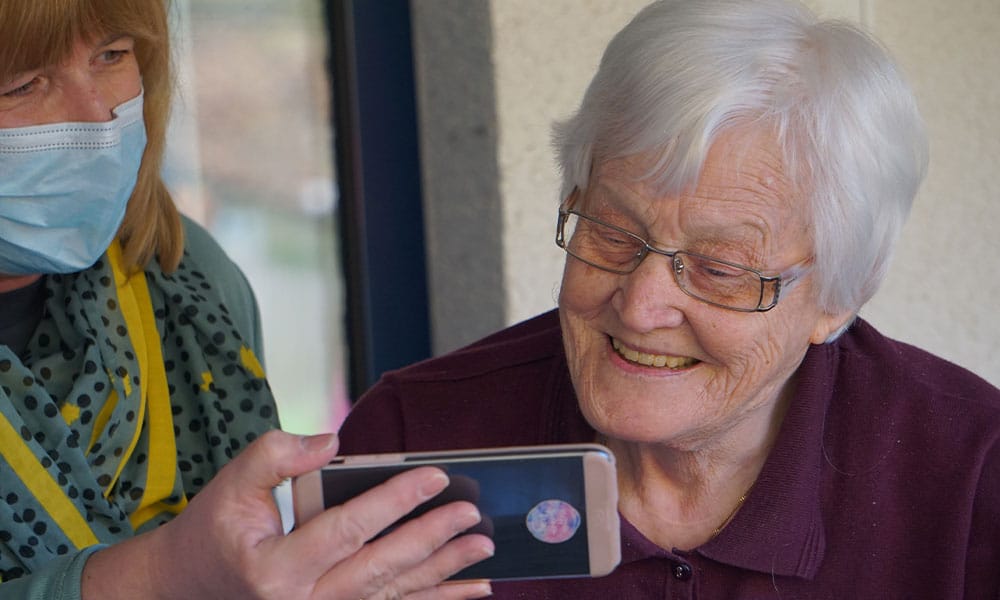Delphi Guides /
May 2022
What is the CQC & What Do They Do?

If you have ever been involved in the care industry in some capacity, the chances are you will have heard of the CQC. The CQC play an important role in ensuring that the standards of care are maintained across all forms of care institutions; whether this be care homes, hospitals, GP offices, or dentists.
Who are the CQC?
The CQC, or Care Quality Commission, was established in 2009 and are the independent regulator of health and social in England. The purpose of the CQC is to ensure that hospitals, care homes, dental and general practices and other care services in England provide people with safe and effective care to the highest standard, while also encouraging care providers to continually improve their service.
What do the CQC do?
The CQC undertake a range of activities to ensure that all care within England is properly regulated and meets certain standards. They do this by registering all care providers in the country and monitoring their services through regular and surprise inspections.
Care providers who are inspected by the CQC are given a public rating to present how well their service meets the regulatory standards. If a service fails to meet the standards of care expected by CQC they may be given a timeframe to improve the service, subject to inspection, and can face penalties and even closure.
Who do the CQC regulate?
The CQC monitor, inspect and regulate services that provide health and social care in England. They regulate a range of different activities including the treatment, care and support that is provided by hospitals, ambulances, mental health services, GPs and dentists.
In addition to this, they also regulate treatment and care services for adults who are in care homes or are being cared for in their own home. This ensures that no matter where the care is taking place, the resident or patient is receiving the highest quality of care.
Services Regulated by CQC
CQC regulate and inspect all forms of care services, including:
- Ambulances – Both NHS and independent ambulance services.
- Care Homes – This includes residential and nursing homes.
- Clinics – Includes family planning and slimming clinics.
- Dentists
- GPs & Doctors – GP practices, walk-in centres, and out-of-hours services.
- Hospices
- Hospitals – Both NHS Trust and independent hospitals.
- Home Care – This includes home care agencies, mobile doctors and over-the-phone services.
If you would like to chat with one of our consultants, then why not book a meeting now.
We look forward to hearing from you!
Book your meeting now







